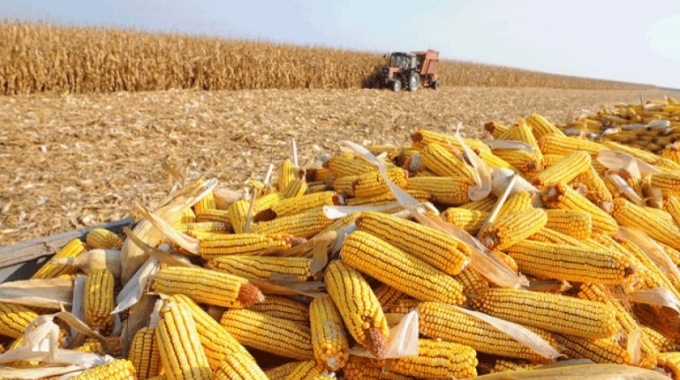Total number of posts 463.
 On November 15, Vietnam revised its most-favored nation (MFN) tariff rates for corn, wheat and frozen pork.
On November 15, Vietnam revised its most-favored nation (MFN) tariff rates for corn, wheat and frozen pork.
The decree eliminates the MFN tariff on all classes of wheat, lowers the duty on corn from five percent to 2%, and lowers the duty on frozen pork from 15% to 10%.
The tariff reductions for wheat and corn will enter into force when the decree takes effect on December 30, 2021, while the reduction for frozen pork will enter into force on July 1, 2022.
The decree follows the commitment made by the Vietnamese government when Vice President Kamala Harris visited Hanoi in August 2021. The tariff reductions will give U.S. corn, wheat and pork producers greater access to the Vietnamese market, in line with competitors from countries that have free trade agreements with Vietnam. U.S. exports of corn, wheat and pork to Vietnam were valued at $228 million in 2020.
U.S. Wheat Associates (USW) and the National Association of Wheat Growers (NAWG) appreciate the efforts by the Biden Administration, USDA’s Foreign Agricultural Service (FAS) and Vietnam’s Ministry of Finance toward eliminating this tariff, which follows a reduction from 5% to 3% in July 2020.
Vietnam imported more than 500,000 metric tons of U.S. hard red spring, soft white, hard red winter, and soft red winter wheat valued at $129 million in the marketing year 2020/21, second in volume only to Australia. Vietnam imports an average of about 4 million metric tons of wheat per year.
“U.S. wheat exports to Vietnam’s growing market are much slower so far this year because of short supplies and rising prices, so eliminating this tariff is very important for growers like me,” says Darren Padget, USW Chairman and a soft white wheat grower from Grass Valley, Ore.
“With about half of the wheat we produce available for export each year, we depend on increasing access to markets like Vietnam,” says Dave Milligan, NAWG President and a wheat grower from Cass City, Mich.
Ryan LeGrand, U.S. Grains Council president and CEO, says the decree levels the playing field for the U.S. with competitors from the Black Sea and ASEAN (Association of Southeast Asian Nations) members.
“USGC's work in Vietnam, in coordination with the U.S. Department of Agriculture’s Foreign Agricultural Service, has helped make this happen," says LeGrand.
"We thank the Vietnamese government for taking these important steps to make trade freer and fairer there.”
USGC's work in the decree effort culminated in September when it coordinated a meeting in New York City between T&T Group, a Vietnamese feed grain importer, and USGC members, DeLong Company and Valero, where two memorandums of understanding were signed.
At that meeting, LeGrand also spoke with Vietnamese President Nguyen Xuan Phuc about lowering corn and ethanol import tariffs.
The following day in Washington, D.C., USGC accelerated the relationship by hosting Vietnam’s Ministry of Agriculture and Rural Development (MARD) Deputy Minister Le Quoc Doanh, other MARD officials and a representative from Khai Anh Company, another large Vietnamese feed grain importer.
USGC signed two MOUs with the groups – one with MARD and one with Khai Anh Company – to build Vietnam’s feed, livestock and aquaculture industries and secure U.S. corn and distiller’s dried grains with solubles (DDGS) purchases, respectively.
According to the USDA, U.S. exports of corn, wheat and pork to Vietnam were valued at $228 million in 2020. Vietnamese purchases of U.S. DDGS increased in 2020/2021 totaling 1.7 million metric tons and placed the country as the second largest market.
Source: Feed & Grain














